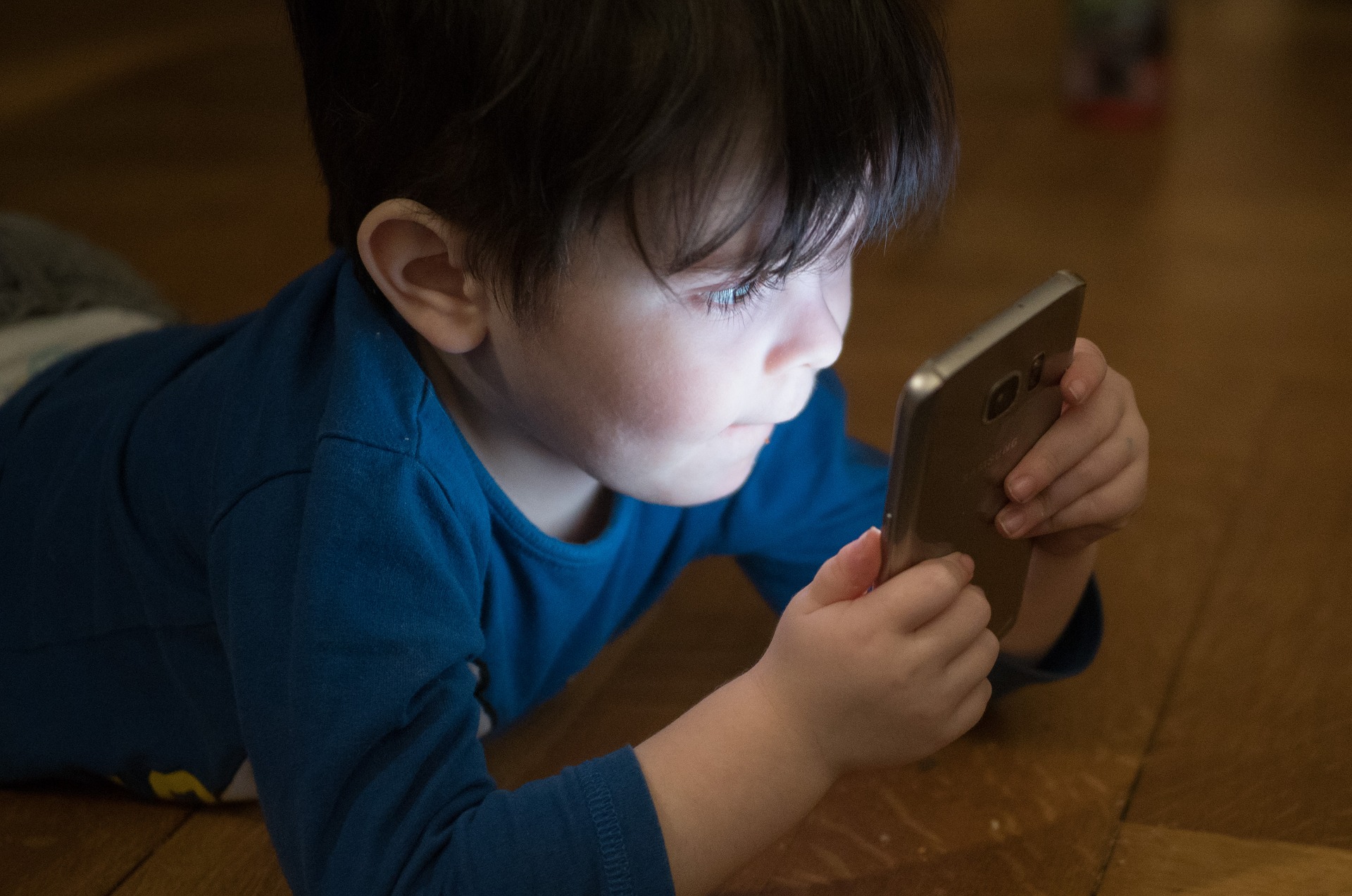Tips To Stop Your Child From Excessive Screen Time

- Peter Johnson
- 01 Feb, 2023
According to a new study, the amount of time infants spend staring at computers, TV, and phone screens during their first year of life may be indirectly related to poorer cognitive abilities later in life.
The study, which was released on Monday in the journal JAMA Pediatrics, found that babies who watched an average of two hours of screen usage per day later fared worse on executive functions at age 9.
Nonetheless, screen time has become an inevitable part of our lives and for children, it can be even more tempting with access to educational, entertaining, and interactive content. While screens can be beneficial for learning and development, excessive screen time can have negative effects on a child's physical and mental health, sleep, and social skills.
Here are some tips to help you reduce your child's screen time:
Set Clear and Consistent Boundaries
Establishing clear rules and guidelines for screen time is crucial. This can include a daily limit for the amount of time spent on screens and restrictions on screen usage during meal times and before bedtime.
Lead by Example
Children are often more likely to follow rules that they see being practiced by adults. If you want your child to limit their screen time, it's essential to limit your own screen time as well.
Encourage alternative Activities
Many non-screen activities can be just as entertaining and educational as screen-based activities. Encourage your child to participate in physical activities, play with toys, read books, or engage in creative activities like drawing, painting, and crafting.
Create a Tech-Free Environment
Designate certain areas of the house as tech-free zones, such as the dinner table, bedroom, and living room. Encouraging your child to switch off screens and engage in non-screen activities in these areas can help reduce screen time.
Offer a Balanced Diet of Media
Encourage your child to watch educational and informative content that can enhance their knowledge and skills. This can be a good way to ensure that their screen time is well spent.
Get involved in their Digital Activities
Take an interest in what your child is doing on their screens and engage in their digital activities with them. This will help you understand their interests and offer guidance on appropriate content.
Plan Screen-Free-Time
Set aside time each day for your child to disconnect from screens and engage in other activities. This could include going for a walk, playing a game, or doing a puzzle together.
Encourage Good Sleep Habits
Excessive screen time can interfere with sleep patterns and quality. Encourage your child to establish a bedtime routine, including winding down before bed and keeping screens out of the bedroom.
Foster Social Skills
Screen time can negatively impact a child's ability to interact with others and develop social skills. Encourage your child to engage in face-to-face communication and social activities, such as playing with friends, participating in team sports, and volunteering.
In conclusion, it's important to keep in mind that moderation is key when it comes to screen time. By following these tips, you can help reduce your child's screen time and promote a healthy, well-rounded lifestyle. the following four advice for parents attempting to interpret guidance regarding social media and screen time with their children:
1. No smartphones may placed on the table for meals or family get together.
2. One hour before bedtime, stop watching screens.
3. When sleeping, keep phones and screens out of the bedroom.
4. As parents, set a good example by restricting your own screen time and using social media.
Leave a Reply
Your email address will not be published. Required fields are marked *
GRLpGpAG
1
GRLpGpAG
1
GRLpGpAG
1
GRLpGpAG
1'"
GRLpGpAG
\
GRLpGpAG
@@8aHBE
GRLpGpAG
JyI=
GRLpGpAG
1
GRLpGpAG
1
GRLpGpAG
OfpQrpjq











